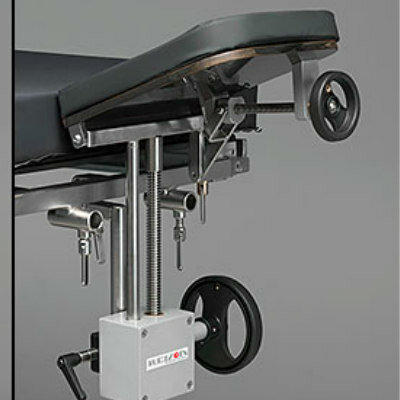Rotating Night Shift Raises Risk of Heart Disease in Women
By HospiMedica International staff writers
Posted on 19 May 2016
Switching from day to night shift work is associated with a small increased risk for coronary heart disease (CHD) among women, according to a new study.Posted on 19 May 2016
Researchers at Brigham and Women's Hospital (Boston, AM, USA), Harvard Medical School (Boston, MA, USA), and other institutions conducted a prospective cohort study of 189,158 initially healthy women who were followed for 24 years in the Nurses’ Health Studies (NHS) to determine night shift work association with CHD risk. The researchers examined the women’s lifetime history of rotating night shift work, defined as three night shifts per month, in addition to day and evening shifts.
The results showed that women who routinely switched from day or evening to night shifts for a decade or more had a 15-18% increased risk for CHD, compared with women who did not work rotating night shifts. The risk, however, waned over time following cessation of the rotating night shift work, so that CHD risk associated with 10 years or more was not significantly elevated. The study was published on April 26, 2016 in the Journal of the American Medical Association.
“Among women who worked as registered nurses, longer duration of rotating night shift work was associated with a statistically significant but small absolute increase in CHD risk,” concluded lead author Celine Vetter, PhD. “Results were similar overall when restricting to women without hypertension, diabetes, or hypercholesterolemia, suggesting that these conditions may not be the prime mediators of observed association between shift work and CHD.”
The circadian rhythm is a biological process driven by an internal clock, and rhythms have been widely observed in plants, animals, fungi and cyanobacteria. Health problems can result from a disturbance to the circadian rhythm, including seasonal affective disorder (SAD), delayed sleep phase syndrome (DSPS) and other circadian rhythm disorders. Shift work or chronic jet-lag have profound consequences on circadian and metabolic events in the body by favoring irregular eating times, altered insulin sensitivity and higher body mass. Shift-work also leads to increased metabolic risks for cardio-metabolic syndrome, hypertension, and inflammation.
Related Links:
Brigham and Women's Hospital
Harvard Medical School














